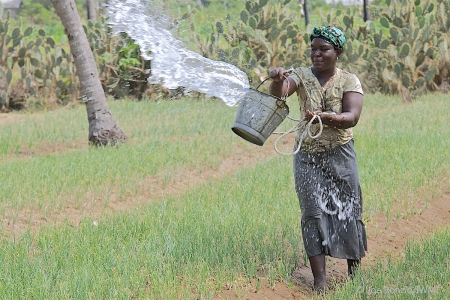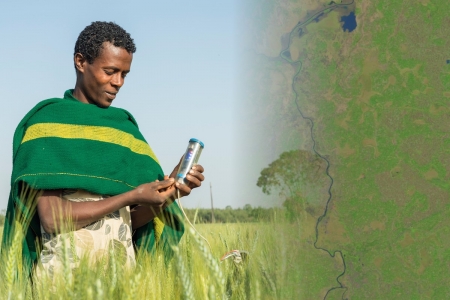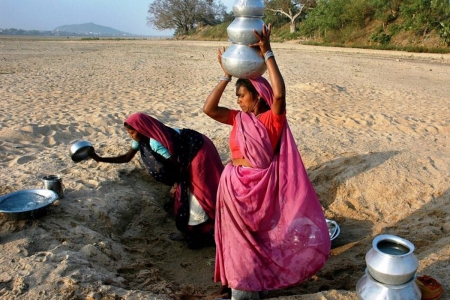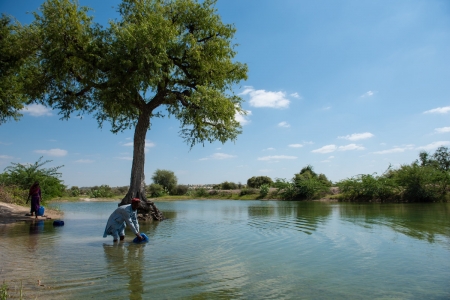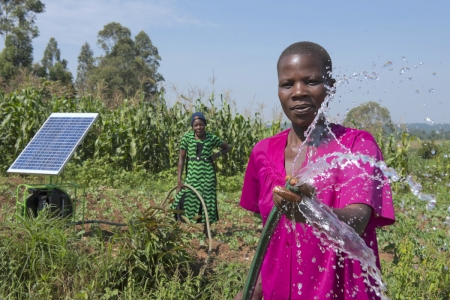This research builds on the existing data collection and knowledge generated on watershed management practices in southern Mali since August 2015. The research is aimed at providing scalable technologies proven to be successful in Asia, East Africa and parts of Mali through integrated watershed management approach. At the farm/plot level the focus is on evaluating the impacts of in-field soil and water conservation practices. At watershed scale, existing land and water management practices will be assessed and evaluated under changing landuse systems. Community perception on land and water management practices will be evaluated to develop support strategies for longer-term conservation approaches and agricultural productivity improvement. Particularly, this project will:
(a) evaluate the impact of in-field soil and water conservation practices on runoff and erosion rate and crop yield,
(b) investigate the spatial and temporal variations of land management interventions under changing land use practices,
(c) evaluate community perception (gender disaggregated) on farm level in-field soil and water conservation interventions, and test ways to promote wider adoption, and
(d) integration and evaluation of contour bunding and agroforestry systems on crop-livestock productivity.
The impact of soil and water conservation practices (contour bunding) on socioeconomic aspects and biophysical systems have been evaluated and results are published. The work in 2021 involves evaluating crop-livestock productivity and household income through the use of contour bunding and agroforestry options.


